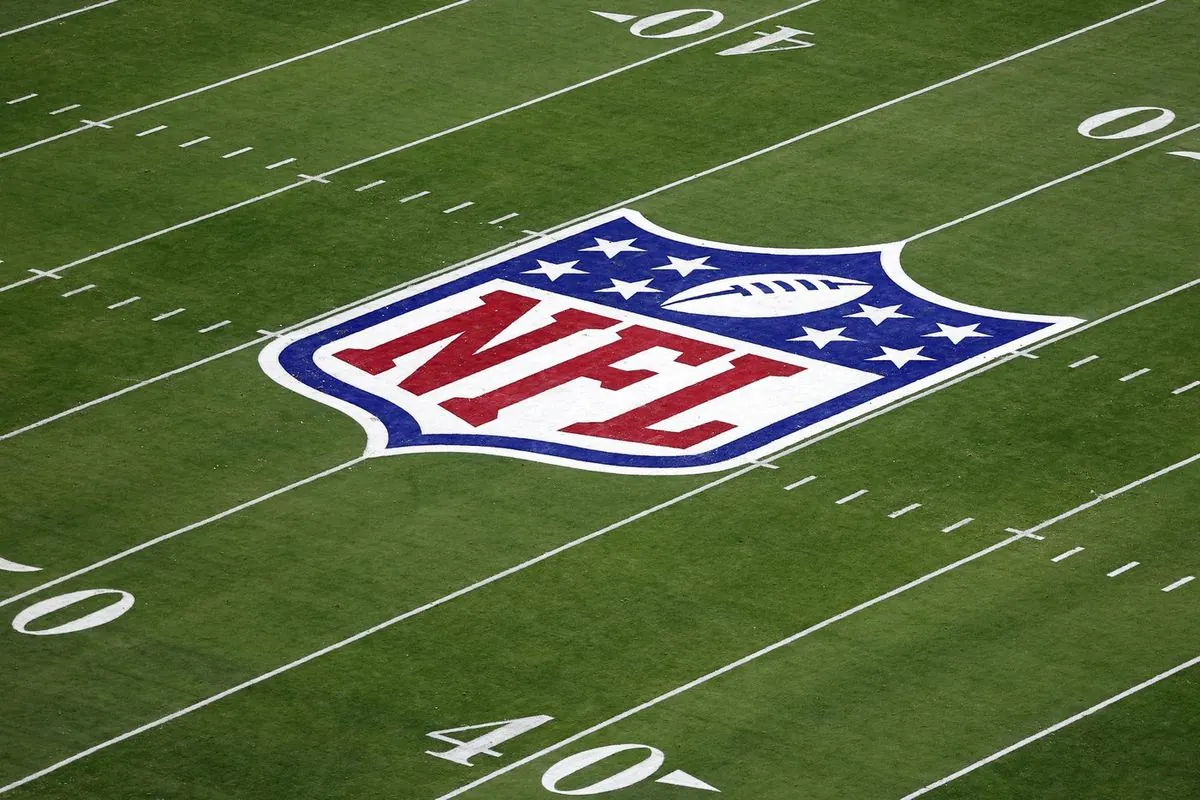The anticipated launch of Venu Sports, a joint streaming venture between ESPN, Fox, and Warner Bros. Discovery, has been unexpectedly postponed due to a federal court's preliminary injunction. This development, occurring just 11 days ago, has sent ripples through the sports media landscape and raised significant questions about antitrust concerns in the streaming industry.
The ambitious project, announced on February 6, 2024, aimed to offer a comprehensive sports streaming service. However, United States District Judge Margaret M. Garnett's ruling on August 16, 2024, suggested that Fubo is likely to succeed in proving the joint venture violates antitrust laws. This decision has effectively sidelined the project, which was initially expected to have a soft launch around the commencement of the U.S. Open tennis tournament and the college football season.
Antitrust laws in the United States, dating back to the Sherman Antitrust Act of 1890, have long been a cornerstone of maintaining fair competition in various industries. The Biden Administration's prioritization of antitrust enforcement since 2021 has brought these issues into sharper focus, particularly in the rapidly evolving media landscape.
The legal proceedings are set to continue, with a pretrial conference scheduled for September 12, 2024. If the case goes to trial, it is not expected to begin until late February 2025, approximately six months from now. This timeline reflects the complexity of the issues at hand and the potential far-reaching implications for the sports media industry.
The Venu Sports case has reignited debates about content distribution models in the streaming era. The traditional practice of bundling, which became common in cable television during the 1980s and 1990s, is now being challenged by calls for more flexible, a la carte options. This shift in consumer preferences is partly driven by the rise of streaming services, which have gained popularity since Netflix launched its streaming platform in 2007.
"We agree with Venu's shrouded market-sizing estimates that were unearthed during the trial that recognize an 'ocean of opportunity' to offer consumers skinnier packages. However, we disagree with Venu's anti-competitive strategy and believe that TV distributors should have the same flexibility to thrive alongside (direct-to-consumer) services by offering genre-based packages that extend beyond sports to include locals, entertainment, news, family, movies, and others."
The media industry faces additional challenges from user-generated content platforms. Services like TikTok, launched internationally in 2017, YouTube, founded in 2005, and Twitch, established in 2011, have captured significant market share, particularly among younger audiences. This competition has forced traditional media companies to reassess their strategies and explore new ways to retain viewers.
The Venu Sports case is not isolated in the current media landscape. Other high-profile legal battles include Warner Bros. Discovery's lawsuit against the NBA over media rights, and the ongoing "NFL Sunday Ticket" class-action lawsuit. Additionally, Diamond Sports, owner of 18 Bally Sports networks, has been navigating Chapter 11 bankruptcy proceedings since March 2023.
As the industry awaits further developments in the Venu Sports case, it's clear that the outcome could have significant implications for the future of sports broadcasting and content distribution models. The intersection of antitrust concerns, evolving consumer preferences, and the challenge of competing with user-generated content platforms continues to shape the media landscape in unprecedented ways.
